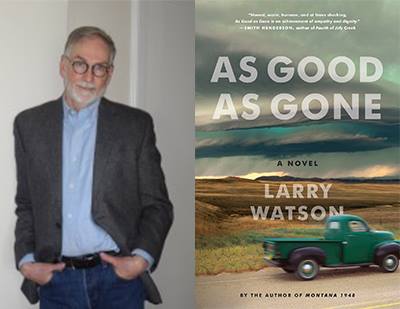Dick Cavett, Talk Show
Stephen L. Carter, The Impeachment of Abraham Lincoln
 |
| Washington D.C. a modern city in the 1860s. |
The word modern is a relative term, as the above lines discovered in my recent reading reveal. When Modern Judo, a book that fascinated Dick Cavett in his youth, was published, it may in fact have been modern, at least the book itself if not the ancient form of self-defense it described. Nearly a century later, as Cavett implies, the title strikes us as amusing. Stephen L. Carter's novel is set in the late 1860s, so his use of the word suggests that at that time in history, the city of Washington was indeed thoroughly modern, as opposed to Richmond, described later in the book, which still showed signs of desolation caused by the Civil War that had ended two years before.
Word Histories and Mysteries, a book written by editors of the American Heritage dictionaries, has this to say: "The word modern, first record in 1585 in the sense 'of present or recent times,' has traveled through the centuries designating things that inevitably must become old-fashioned as the word itself goes on to be applied to the next modern thing."
My American Heritage dictionary defines Modern English as "English since about 1500" and Modern Greek as "Greek since the early 16th century." A Wikipedia article, meanwhile, describes modern art as artistic work produced roughly from the 1860s to the 1970s, suggesting that at least in some contexts the word modern itself implies something old-fashioned. Since 1949 the word postmodern has been popular, yet by now even that seems dated.
Other time-related words, too, can strike us as amusing years later. I can recall touring Edinburgh in 2005 and being told the city is divided between Old Town and New Town. New Town was built between 1767 and 1850. American tourists may find that funny, but then what's so new about New York, New Jersey and New Mexico? Just as modern can eventually come to mean "once modern," so new can come to mean "once new."
.jpg)





